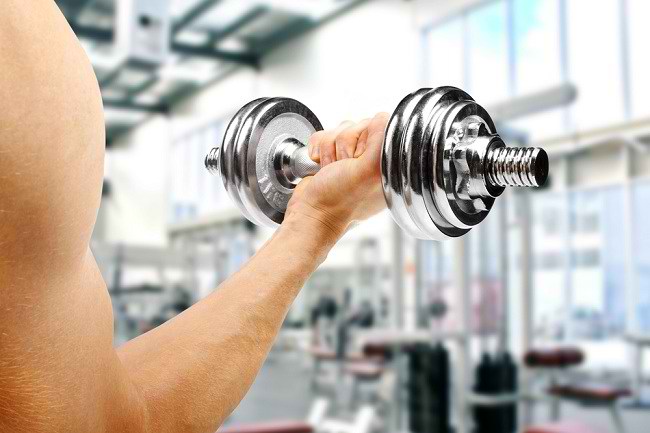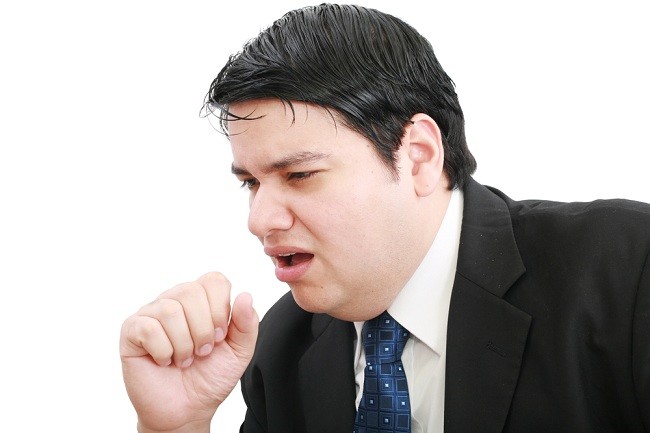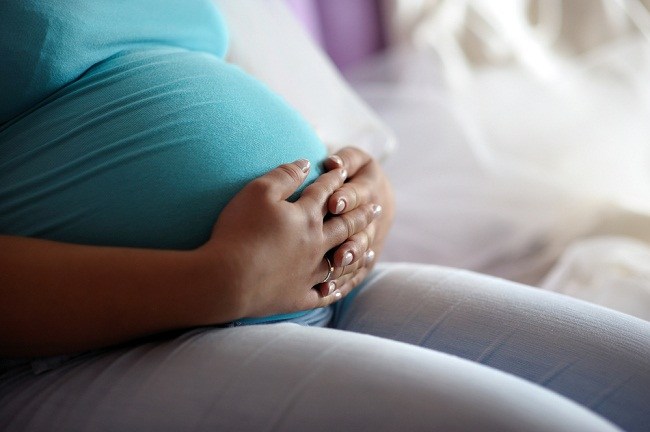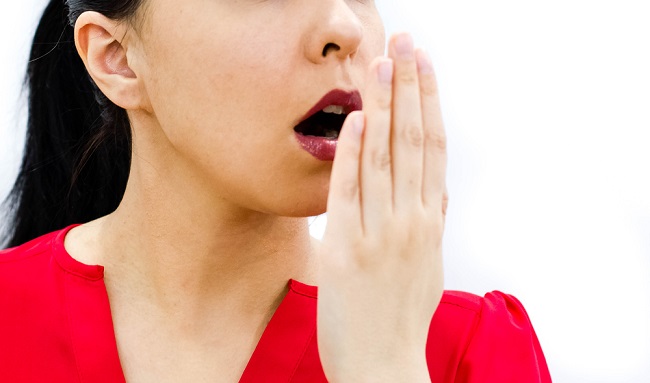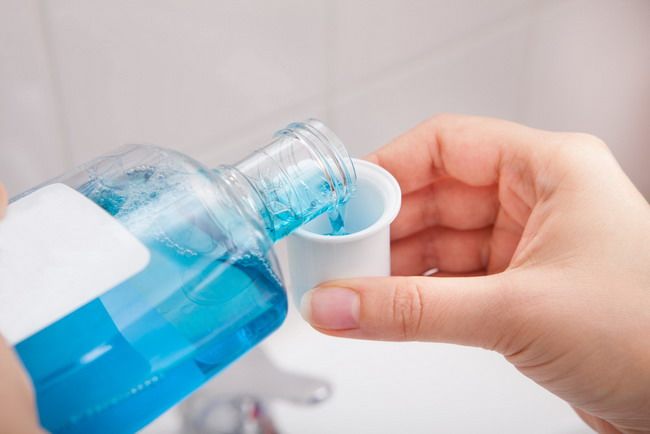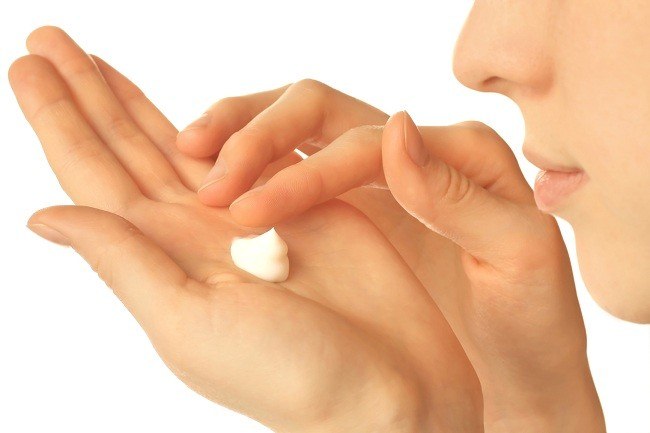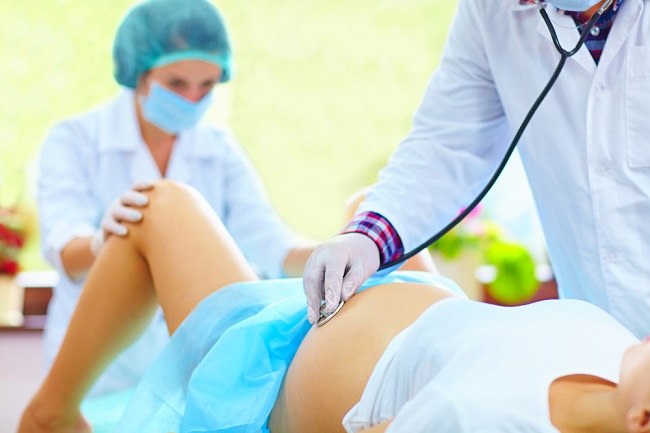Mouthwash has long been a reliable friend to prevent bad breath that interferes with self-confidence. But it turns out other than that, mouthwash joinrole in maintaining oral health.
Mouthwash is generally an antiseptic liquid that is used to clean between the teeth, the surface of the tongue and gums, and the back of the mouth or esophagus. The use of some mouthwash aims to treat bad breath. Some other mouthwashes are intended to function like saliva, which is to keep the mouth moist and neutralize acids.

A number of types of mouthwash can be used freely, but there are also those that are specifically designed to treat certain health problems. The second type is usually prescribed by a doctor.
Various Contents of Mouthwash
There are many choices of mouthwash with different supporting ingredients which of course provide different benefits. Mouthwash products may contain the following ingredients:
- Antimicrobial: reduces plaque, gingivitis and gum inflammation in the early stages, and kills bacteria that cause bad breath.
- Deodorizing agent: deactivates compounds that cause bad breath.
- Astringent salt: bad breath masking agent.
- Fluoride: helps prevent tartar and cavities.
- Peroxide: helps prevent the appearance of stains on the tooth surface.
- Antiseptics such as chlorhexidine gluconate or hexetidine
- Flavors such as sorbitol, sucralose, sodium saccharin.
Meanwhile, mouthwash used by prescription may contain antifungal ingredients to prevent the development of fungi, antibiotics to help kill bacteria, local anesthetics or antihistamines, antacids, and corticosteroids to treat inflammation. This type of mouthwash is often used as a mouthwash for toothaches.
Unless it has been prescribed by a doctor, you should avoid using mouthwash in children under the age of 6 years, especially those containing alcohol, because there is a risk of swallowing. Mouthwash that contains alcohol is also at risk of causing bad breath to get worse because it can cause the mouth to dry out. In addition, until now there is debate among experts regarding the long-term use of mouthwash containing alcohol in relation to the development of oral cancer.
More than Preventing Bad Breath
Bad breath or halitosis is a common complaint. Besides being caused by bacteria, food left between the teeth and the surface of the tongue can also cause this complaint. Bad breath is also quite common when someone is fasting.
A review of various studies reveals that mouthwash can treat bad breath. According to the review, the content of zinc and chlorine dioxide can neutralize existing odors, while the antibacterial content chlorhexidine or cetylpyridinium is thought to help reduce the number of bacteria that cause bad breath.
In addition to the main benefits above, it turns out that there are many other benefits of mouthwash products, namely:
- Mouthwash can help prevent plaque from building up on your teeth.
- Mouthwash that contains fluoride helps reduce the risk of cavities caused by bacteria and acids, and makes teeth stronger.
- Certain mouthwashes can also be used postoperatively or after tooth extraction.
- Several types of mouthwash are prescribed that can be used to treat oral diseases that can be caused by radiation therapy or chemotherapy.
However, mouthwash, especially over-the-counter, is generally not a drug to treat dental and gum disorders, especially those that are severe. Therefore, if you experience this kind of health problem, it is still important to see a dentist. Also, keep in mind that mouthwash is not a substitute for a toothbrush and toothpaste because both of them still play an important role in cleaning up food debris and bacteria on the teeth.
Read Usage Rules for Maximum Results
To get maximum benefits, read the ingredients listed on the packaging and follow the instructions for use as follows.
- Make sure the mouthwash has been registered with the Food and Drug Supervisory Agency (BPOM).
- Mouthwash is usually used once a day before going to bed or after brushing your teeth, or as directed by your doctor. To get the best effect, we recommend using it at the same time.
- Generally there is a measuring cup measuring approximately 10 mm or the equivalent of 2 full teaspoons that can be used once. It is best to avoid taking more than this dose unless recommended by your doctor.
- Use it to rinse your mouth for about a minute. Then remove it from the mouth. Unless recommended by your doctor, avoid taking this medicine at all. Therefore, always accompany children when they use mouthwash.
- To get maximum results, you should avoid eating food or gargling with other fluids for at least 30 minutes after using mouthwash.
- Gargle after brushing your teeth and before using mouthwash because certain ingredients in toothpaste can inhibit the action of chlorhexidine in mouthwash.
Generally, mouthwash users will not experience significant side effects and are usually temporary, such as a dry mouth sensation and taste changes. In people who are sensitive or allergic to certain ingredients in mouthwash, sores, redness, and pain in the mouth can occur. These reactions can usually be treated by diluting mouthwash with plain water or changing mouthwash, such as using salt water.
Consult a doctor if after use, stains appear on the teeth or on the tongue. In addition, check yourself first if you are a pregnant or nursing mother who will use mouthwash.
